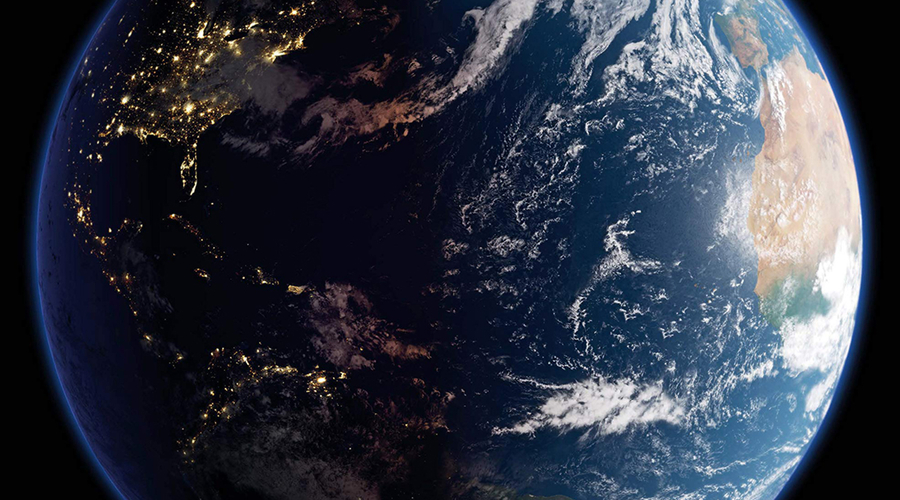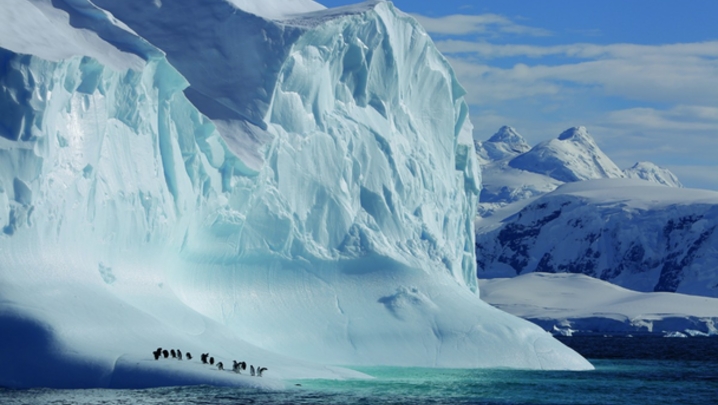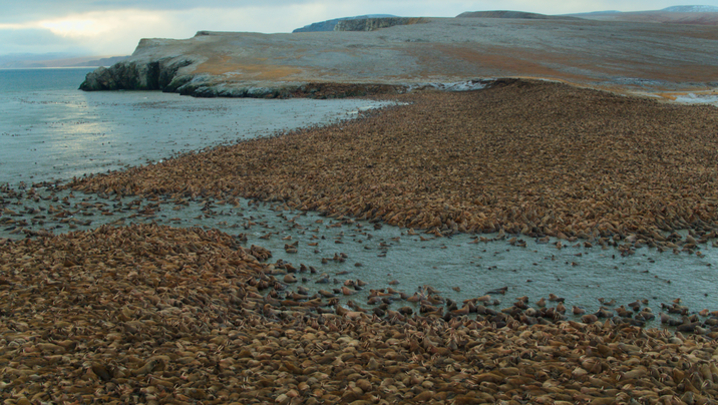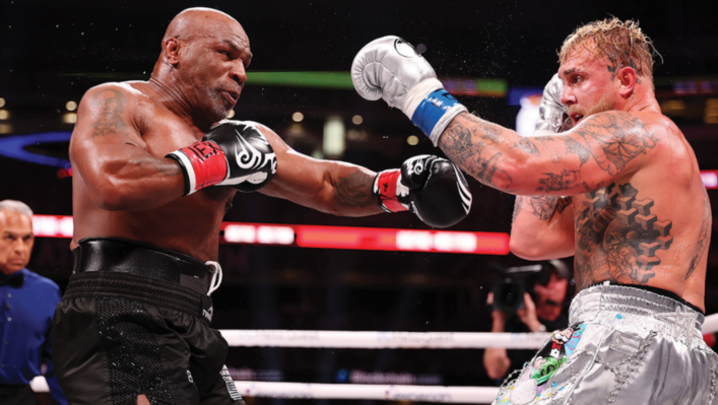Steve Clarke learns how the documentary’s social media campaign aims to change hearts and minds
Is social media the environmentalist movement’s secret weapon? Could it put us all on the path to a pollution-free, sustainable future in which biodiversity thrives and climate change is pegged back?
It sounds like an eco-warrior manifesto penned by the remarkable Swedish schoolgirl Greta Thunberg. But this is, in a nutshell, the ambitious hope driving an extensive portfolio of shareable, bespoke films made for digital distribution. They have been created by Silverback Films to accompany its landmark, eight-part Netflix natural history series, Our Planet, narrated by Sir David Attenborough.
The so-called “social media halo” was devised by Silverback and its partner on the documentary, the World Wildlife Fund (WWF). Promoting Our Planet earlier this year, Silverback co-founder Alastair Fothergill explained: “This series was always going to go a step further than traditional blue-chip series had gone. Some episodes go very far. The Coastal Seas episode shows humanity causing problems – and provides solutions – but other episodes do less of that. The halo was always going to do the heavy lifting.”
By exploiting the power of the internet, this content could eventually be watched by 1 billion people worldwide. This ambition puts the live TV audience for the England vs Croatia World Cup semi-final last year – 26.5 million people – in context, let alone that for Line of Duty.
The films are being translated into French, Spanish, German and Portuguese, with the WWF’s network officers in other countries given the opportunity to translate them into their own languages.
A packed RTS audience in Bristol got a taste of what Our Planet’s social media halo will look like as it propagates across Twitter, Instagram and YouTube.
“The whole campaign is about building momentum,” explained Amy Anderson, WWF producer/director and one of the evening’s three panellists.
The West Country capital is synonymous with wildlife television thanks to the presence of the BBC’s Natural History Unit. But it’s a racing certainty that nothing quite like this has been made by Bristol’s production community before.
Event host and RTS West of England Chair Lynn Barlow described the initiative as a unique partnership in broadcasting that could help change human behaviour, as we seek to combat climate change and restore biodiversity.
While there is nothing new in deploying social media to enhance the impact of a TV show, or to provide additional footage, the scope and ambition of Our Planet’s halo seems unprecedented. So, too, does its campaigning edge.
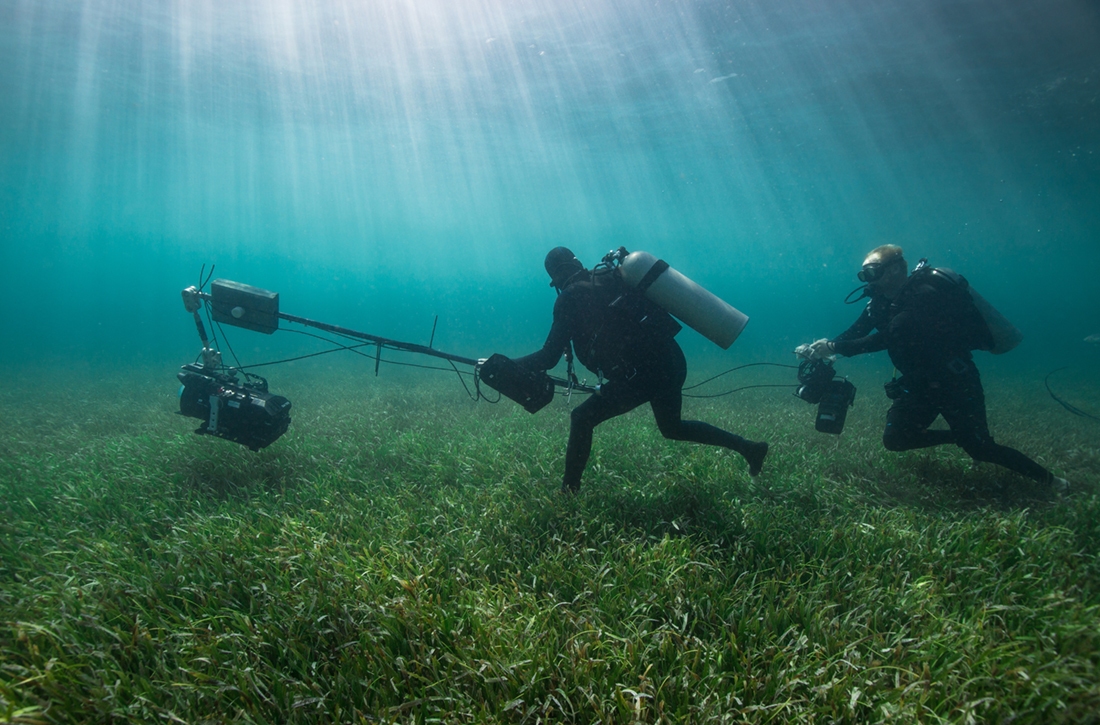
Most of the clips shown to the RTS have yet to be released, even though Netflix launched Our Planet globally on 5 April. By the end of April, an estimated 25 million households had seen the series.
The idea is to drip-feed the videos during the rest of the year on a thematic basis – or simply in response to whatever environmental stories happen to be hitting the headlines at the time.
Much thought and time is given over to devising and executing even the shortest films. Make the tone too proselytising and a potential audience might be put off, especially in such an information-rich age when short-attention spans are a fact of life.
“For Colin Butfield, who headed up the Our Planet team, the project and its halo were an opportunity to reach new audiences through mass communications tools. That was his vision for this project,” said Anderson.
Dan Huertas, director and producer at Silverback Films, suggested that “this is bit of a first. A global channel and a global charity saw the power they could potentially tap into.
“Series such as Blue Planet have been criticised for not going into enough detail on the solutions, and for painting a very rosy picture of the planet. That’s partly because they are created to allow you to escape and appreciate the beauty of the planet.”
Our Planet doesn’t flinch from graphically depicting how climate change is affecting natural habitats. Even non-Netflix subscribers know the fate of the Russian walruses stranded on ice-depleted rocks (see page 6) after video of the unfortunate mammals went viral.
Several of the videos shown to the RTS highlighted the frightening acceleration of species loss. Two illustrated the impact of deforestation on orangutans – 100 of whom are estimated to die every week due to human activity.
Over the past 40 years their habit has declined by 75%. The world is losing nearly 15 million hectares of tropical forest each year, and Our Planet notes that jungles capture and store more carbon than any other land habitat.
The panellists stressed that the halo aims to offer solutions to the environmental problems mankind is responsible for without being didactic.
“People have to know there is a solution out there,” said Huertas. “With these particular two films, we hope to create conversations and dialogue around palm-oil production.”
He continued: “An example of how we’re cascading our conversations on social media via Twitter is [where we] explain why palm oil can be farmed sustainably and get the message across in an engaging way.
“It’s counter-intuitive that palm oil production can help jungles but, provided it’s grown sustainably, it can.”
Another halo film shows an upbeat, Latino anthropomorphic frog resembling a chirpy character from a Disney movie. Once more, the purpose is to draw attention to the loss of biodiversity.
“Audiences will come to this content in different ways,” said Jon Clay, director and producer at Silverback. “Most people are driven to ask questions about what they can do. Having a clear message is vital.”
As the halo was just gearing up, he hoped that the social media campaign would have longevity: “If we put out everything now, when the series is new, it would just disappear into white noise.
“Our plan is to put certain content out on certain channels with certain partnerships through the year. As the Our Planet brand grows, we’re hoping this will feed more interest coming to us.
“Our ambition is that Our Planet stands for more than a TV series on Netflix, that Our Planet stands for a way of thinking and a shift towards sustainability as more people get involved in the campaign.”
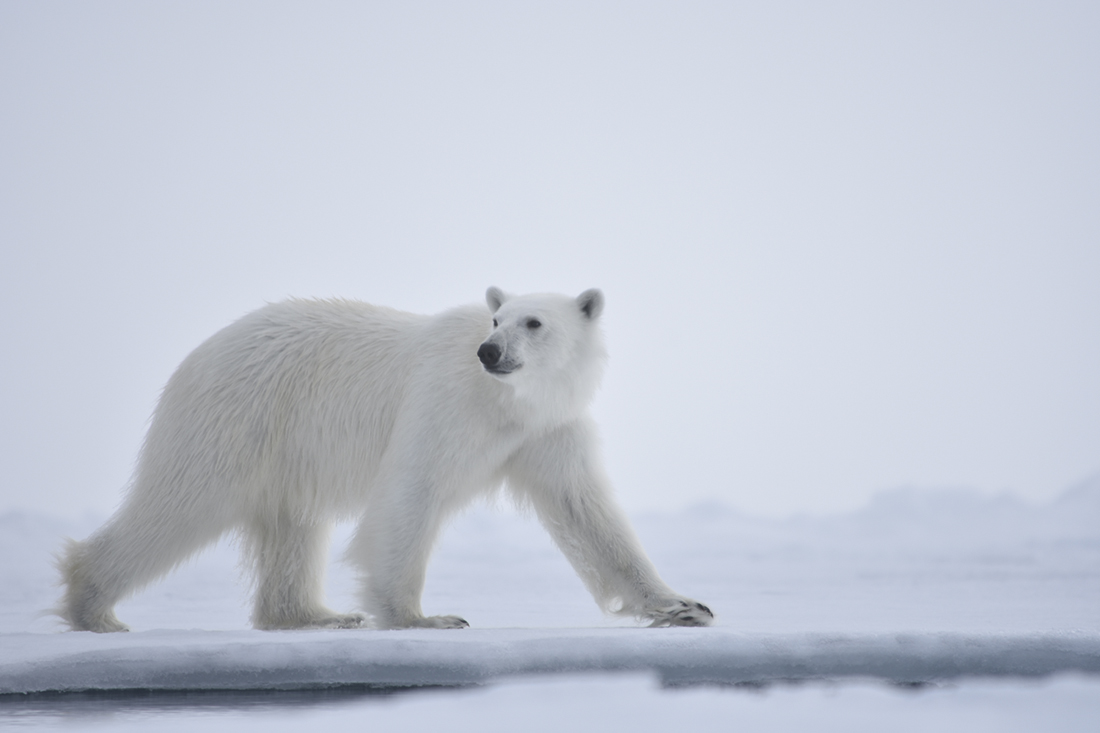
Netflix has been praised for its hands-off attitude to film-makers. How much influence did the company have on the halo? “If it was just a Netflix project, we would have had some battles,” said Clay. “It would have wanted to promote certain things that point heavily to the series. But having the WWF as a partner, it has believed in the equality of the partnership.”
The last word should go to Attenborough, who recently celebrated his 93rd birthday. In one of the clips shown to the RTS he struck a frank but passionately optimistic tone as he told our fossil-fuel-addicted societies to mend their ways.
“There’s never been a better opportunity to take control,” he said. “The plan is obvious. Stop doing the damaging stuff. Roll out the new green tech and systems as they arrive.
“Stabilise the human population as low as we fairly can. Keep hold of the natural wealth we have currently got, and in 80 years’ time we’ll be past the worse of it.
“More than that, we’ll have built a world of eternal energy, clean air and water, a stable, healthy world that we can benefit from forever.”
With words like these delivered by a broadcasting legend, the Our Planet halo looks destined to shine brightly.
The RTS West of England event ‘Our Planet – Creating a social media campaign’ was held at the Watershed, Bristol, on 2 May. It was chaired by Lynn Barlow and produced by Suzy Lambert.

